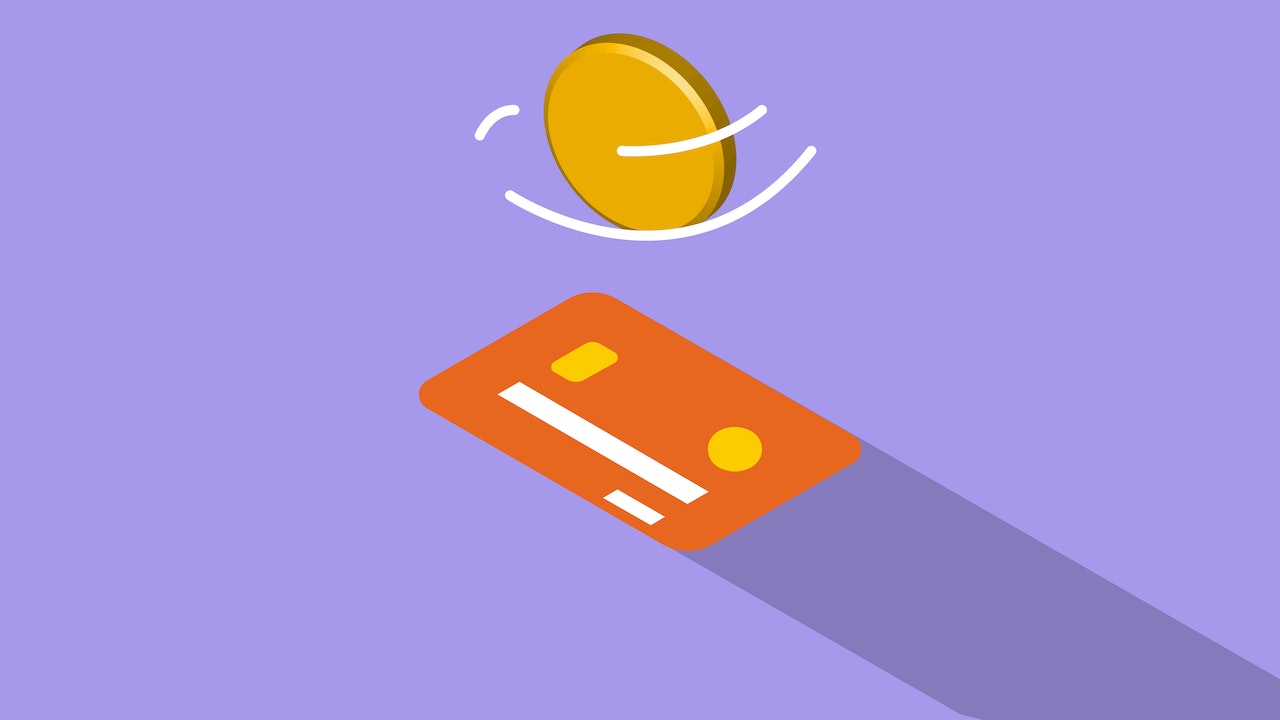People who need money for things like a down payment, company startup costs, or emergency bills often turn to loans. However, the loan application process may be daunting and difficult to understand, particularly for first-time applicants. To assist you in making the best option for your financial position, this article will review eight points to consider before asking for a loan.

Facts to Consider About Loans When Applying
Credit Score
A loan’s availability and interest rate heavily depend on your credit score. You should check your credit score and ensure it is in good standing before applying for a loan. A cheaper interest rate throughout a loan’s lifetime is one of the biggest benefits of having a good credit score.
Loan Amount
Knowing how much money you need and how much you can afford to pay back is important before asking for a loan. When deciding how much of a loan to apply for, consider your present income, spending, and financial objectives.
Interest Rates
Interest rates heavily influence the overall cost of a loan, and it would help if you shopped around for the best interest rate by comparing offers from different lenders. A borrower’s interest rate may change depending on several variables, including but not limited to credit history, loan size, and loan type.
Loan Terms
The duration of your loan is referred to as the loan term. While stretching out a loan over a longer period might reduce your monthly payment, it could increase your interest costs in the long run. Loans with shorter durations often have larger monthly payments but may save money on interest in the long run. When deciding on a loan term, it’s important to consider your financial situation and future plans.
Fees
Fees, including origination fees, prepayment penalties, and application costs, are common with many loans. Consider how much of an effect these fees will have on the total cost of your loan before making any final decisions. Before making a final selection, reviewing all of the loan’s expenses is important.
Collateral
You may get a loan with collateral in the form of valuables like a house or a vehicle. Although the interest rates for secured loans are often lower than those on unsecured loans, the borrower risks losing the collateral if they default. When applying for a loan, it’s important to think long and hard about whether or not you’re willing to put up collateral.
Lender Reputation
Before asking for a loan, you should investigate the lender’s credibility. Check the lender’s BBB rating, read feedback from previous borrowers, and make sure they have a valid license to do business in your state.
Loan Purpose
A house loan, business loan, or debt consolidation loan will all serve distinct reasons. Choosing a loan that serves your financial needs and fits your long-term plans is crucial. If you apply for a loan that doesn’t work for you, you may pay more interest and fees.
Pro-Tip: Payday loan debt help is a useful resource for those struggling to manage their loans and seeking guidance on debt relief options
Perks of Getting a Loan After Deliberation
Access to funds
Getting your hands on some much-needed cash is a major perk of getting a loan. A loan might be a good option if you need money for a large purchase but need cash.
Improved credit score
Your credit rating might rise if you borrow and pay it back on time. You may benefit in the long run from maintaining a high credit score by applying for more loans, credit cards, or even apartments.
Lower interest rates
You may save money throughout the life of the loan by shopping around for the best interest rate among available loan products.
Flexible repayment options
It may be less of a strain on your budget to make smaller monthly payments over a longer period, as with certain lenders.
Types of Loan One Must Consider
Personal loans
Personal loans are a kind of unsecured loan that may be used for anything from consolidating debt to funding home upgrades or medical bills. Unsecured loans don’t need collateral but often have higher interest rates.
Student loans
Financial aid for higher education is available in the form of student loans. Both the federal government and private organizations provide student loans. Banks, credit unions, and other financial organizations make private student loans available, but federal student loans have lower interest rates and more forgiving repayment policies.
Auto loans
To buy a car, many people take out auto loans. Both secured and unsecured options exist, with the car serving as security for the former. Auto loans may have more stringent eligibility conditions but often have lower interest rates than personal loans.
Conclusion
It’s not easy to apply for a loan, but keeping these eight things in mind will help you make the most informed choice possible. If you take the time to shop around and evaluate loan products, rates, and conditions, you might discover a loan that works with, rather than against, your financial plans. Take your time with a loan choice after first calculating the impact on your finances, credit, and the intended use of the money.




Recent Comments